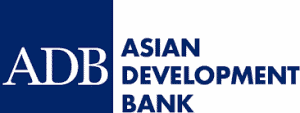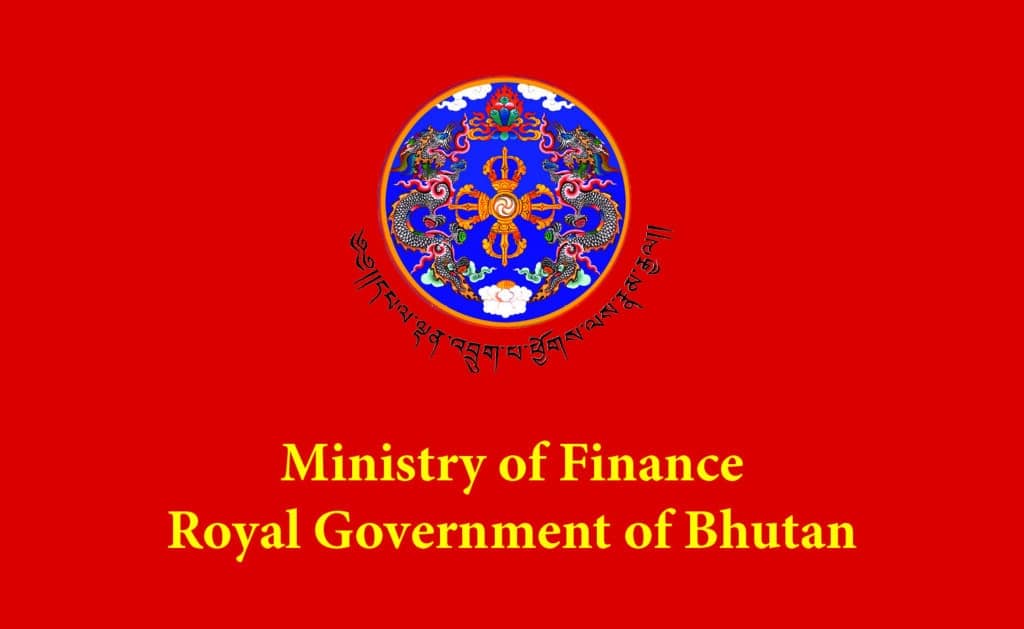If the foreign reserve of the country continues to deplete, there could be a ban on the imports of non-essential items, too, says the Minister of Economic Affairs
With rumours, especially in the capital that the government would ban the import of non-essential items, too, people are beginning to buy items like furniture, and electronics, among others.
However, Ministry of Economic Affairs (MoEA) minister Loknath Sharma, said that such a ban has not yet been discussed and that everything will depend on the country’s foreign reserves.
Moreover, people say that it is the right opportunity for the government to define what non-essential items are so that if a ban is required now or in the future, it can be done easily.
Meanwhile, the MoEA minister said people should not panic now. “If the foreign reserve falls even further, a ban will be imposed. Further, the government will first check the market’s inventory,” he said.
The minister added that if non-essential commodities are not particularly necessary, and are in the market with business houses having stocks of these items to last for five to six months, import of such items would be banned if required.
Although the department of trade (DoT) does not have a list of non-essential commodities, the essential commodities, according to the department are necessities and others like fuel, LPG, milk, flour, cheese, rice, edible oil, vegetables, fruits, noodles, eggs, mineral water, sanitary pads, baby diapers, cereals, butter, toiletries, salt, tea, coffee, sugar, soap, shampoo, toilet paper, detergents, pharmaceuticals product, industrial raw materials and raw materials for hydropower construction.
According to the Bhutan Trade Statistics report for the second quarter of this year, the top ten imports to Bhutan came at a price of Nu 38.89bn, which an economic expert says could be the main reason for the depletion of foreign reserves.
“This means that most of the commodities imported so far were non-essential goods. And we were doing this when we had practically nothing to generate foreign reserves,” he said.
Meanwhile, observers say that the opportunities for the foreign reserve to increase immediately are bleak. “We do not yet know how many tourists will visit Bhutan. Remittances have decreased and there are no magic bullets at our disposal to increase our foreign reserves,” a civil servant said, adding loans and grants could be an option.
Another civil servant said that a look around Thimphu clearly indicates the amount of non-essential goods Bhutan purchases. “There are hundreds of commodities imported mainly from China, Thailand, Japan, and other countries. Whether required or not, we buy these goods, which are dumped after a few months,” he said.
He also added that it will be difficult to define clearly what non-essentials are. “This is the time for the government to clearly differentiate between various categories of non-essential items, so that if a ban is imposed, it can be done immediately.
The Royal Monetary Authority’s (RMA) report states that as of June 2022, the foreign reserve stands at Nu 9.68 bn, which has decreased by Nu 11 bn from March 2022, when it was Nu 20 bn. Additionally, the foreign reserve was Nu 21.2 billion in June 2021, but it fell sharply to Nu 9.68 bn in just one year.
Meanwhile, the finance ministry announced a moratorium on August 18, 2022, banning the import of vehicles, except for utility, farm-related vehicles, and those needed for the tourism industry. The moratorium further sparked rumors about the ban on the import of non-essential goods.
Article 14, Section 7 of Bhutan’s Constitution states that “A minimum foreign currency reserve that is adequate to meet the cost of not less than one year’s essential import must be maintained.”
Tshering Pelden from Thimphu














